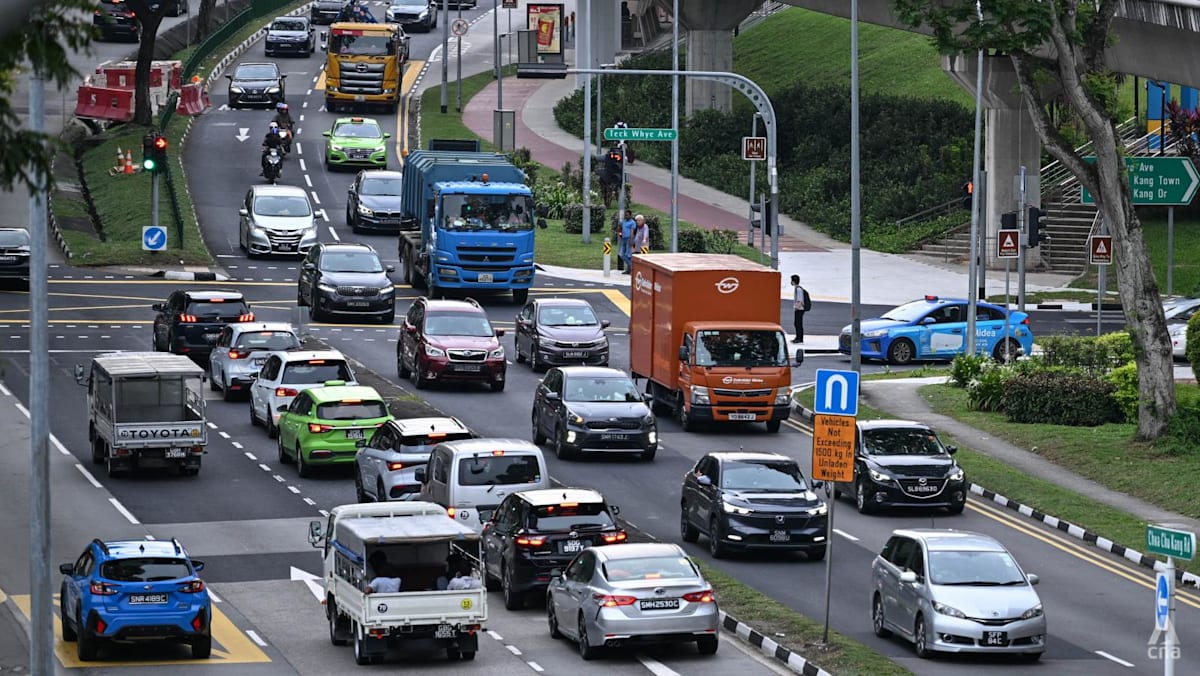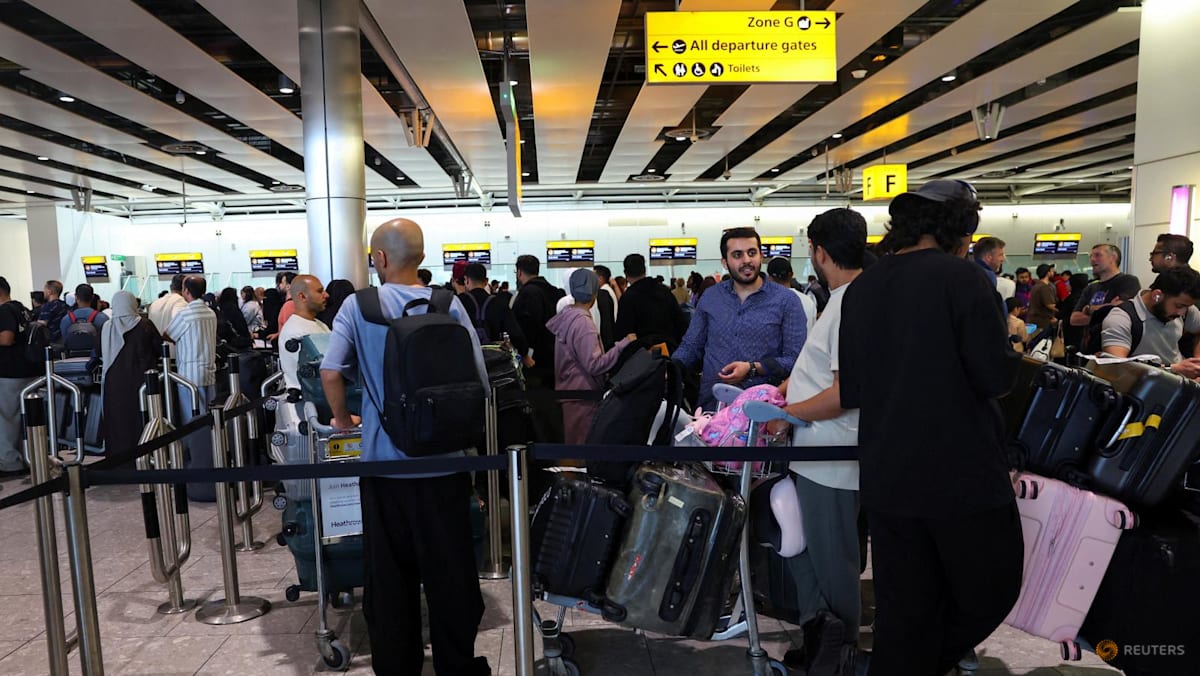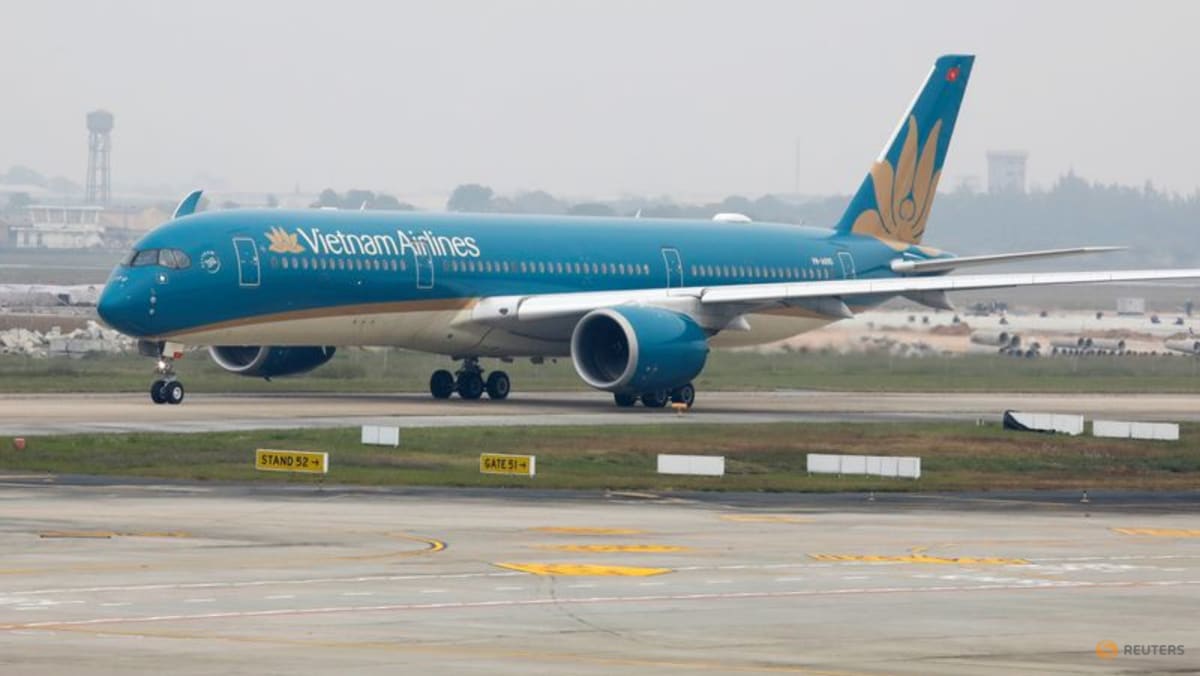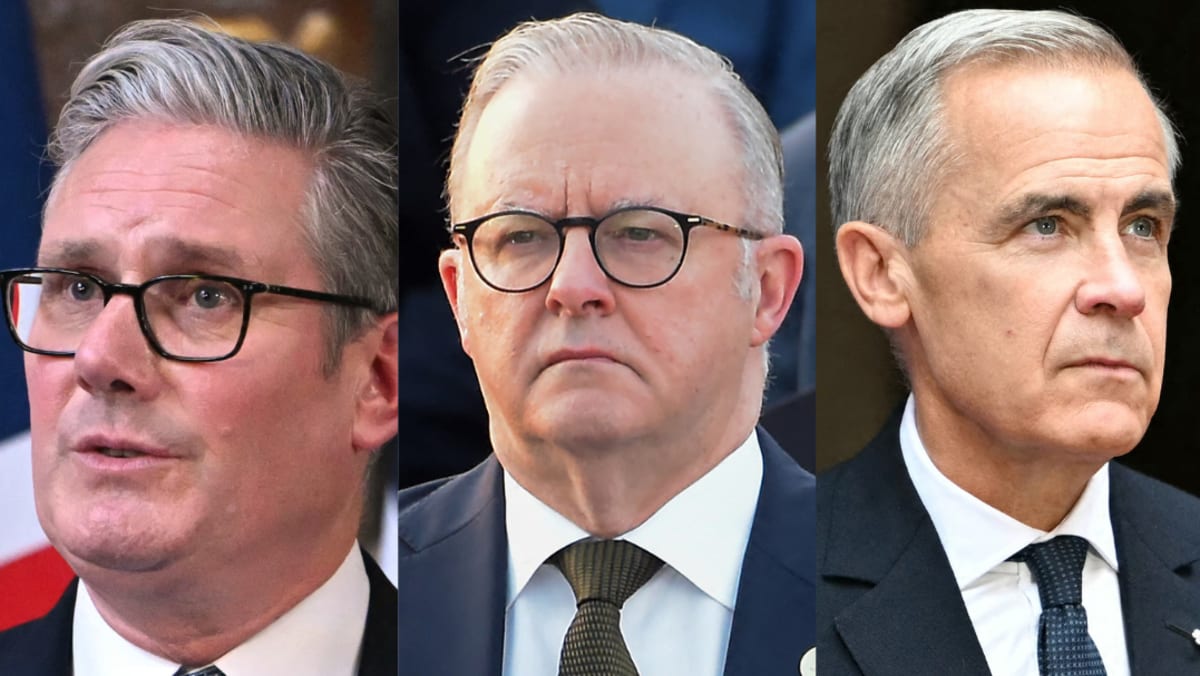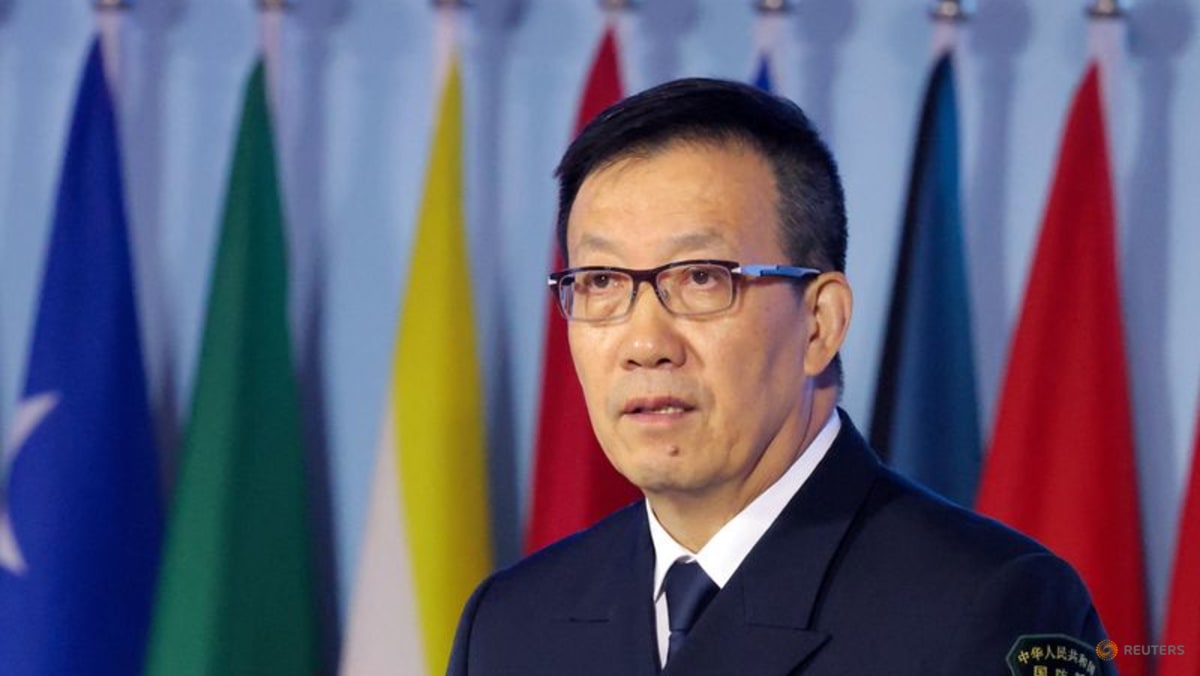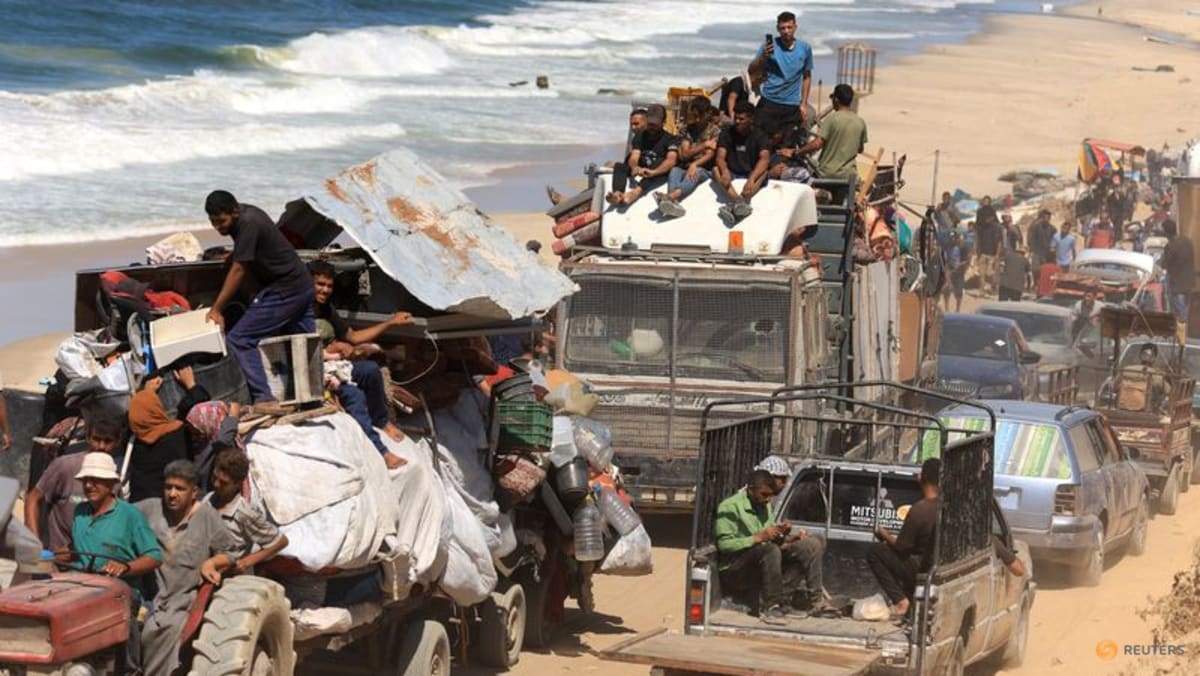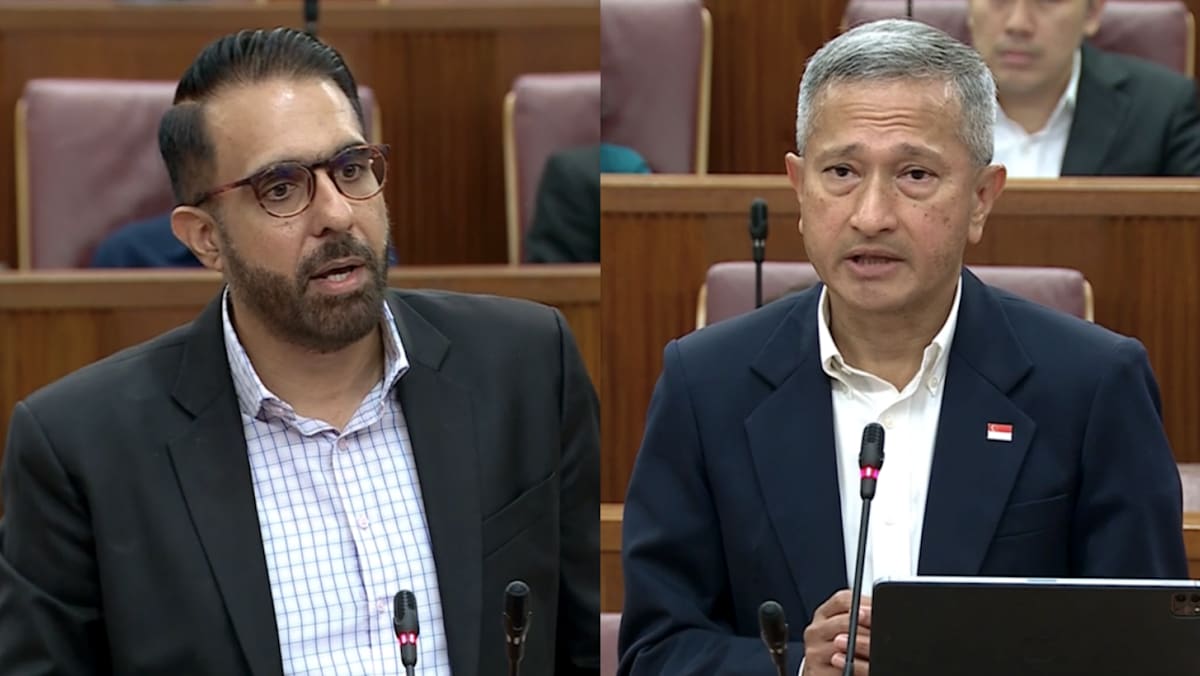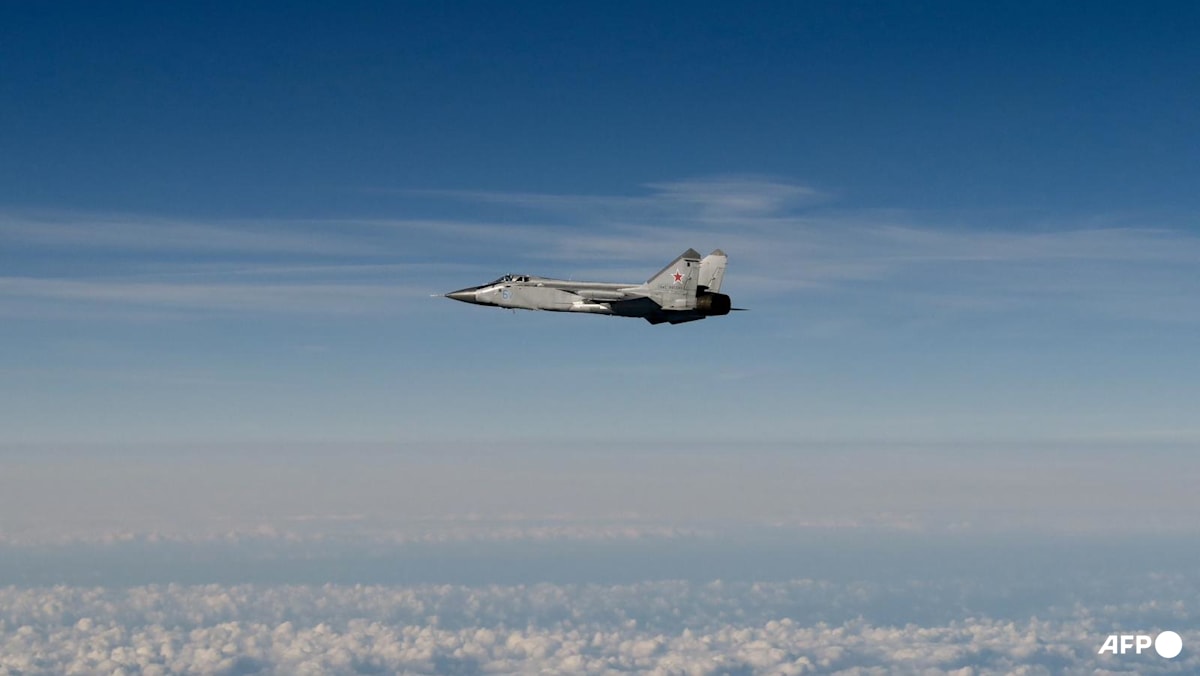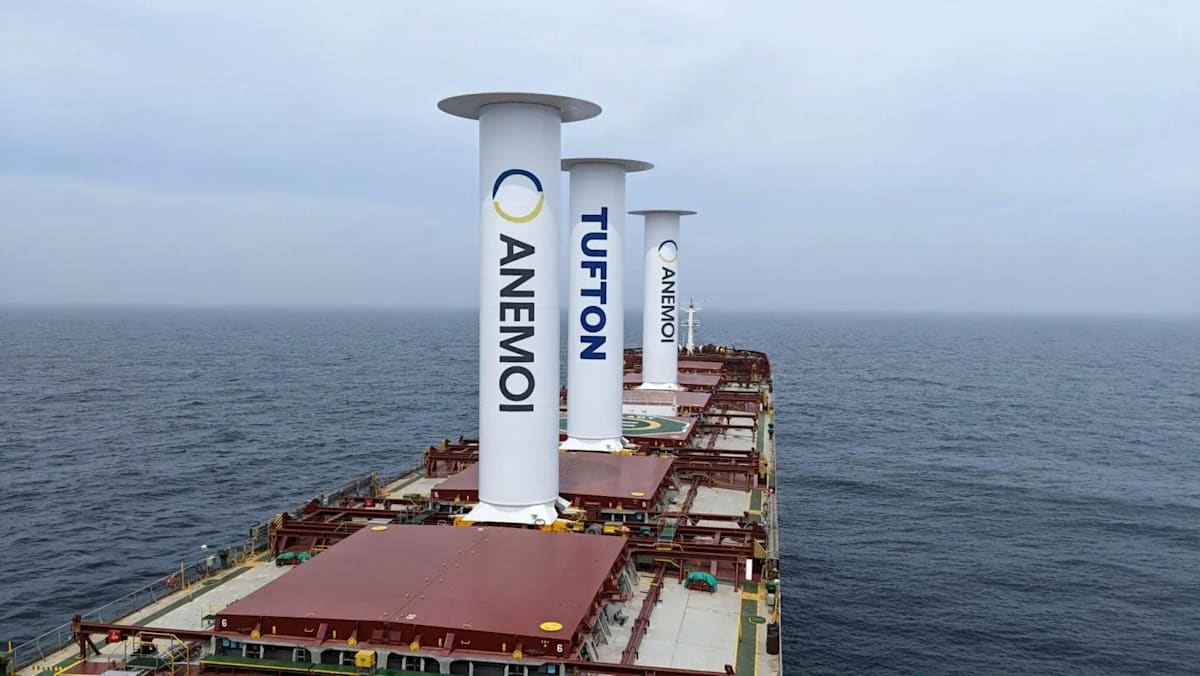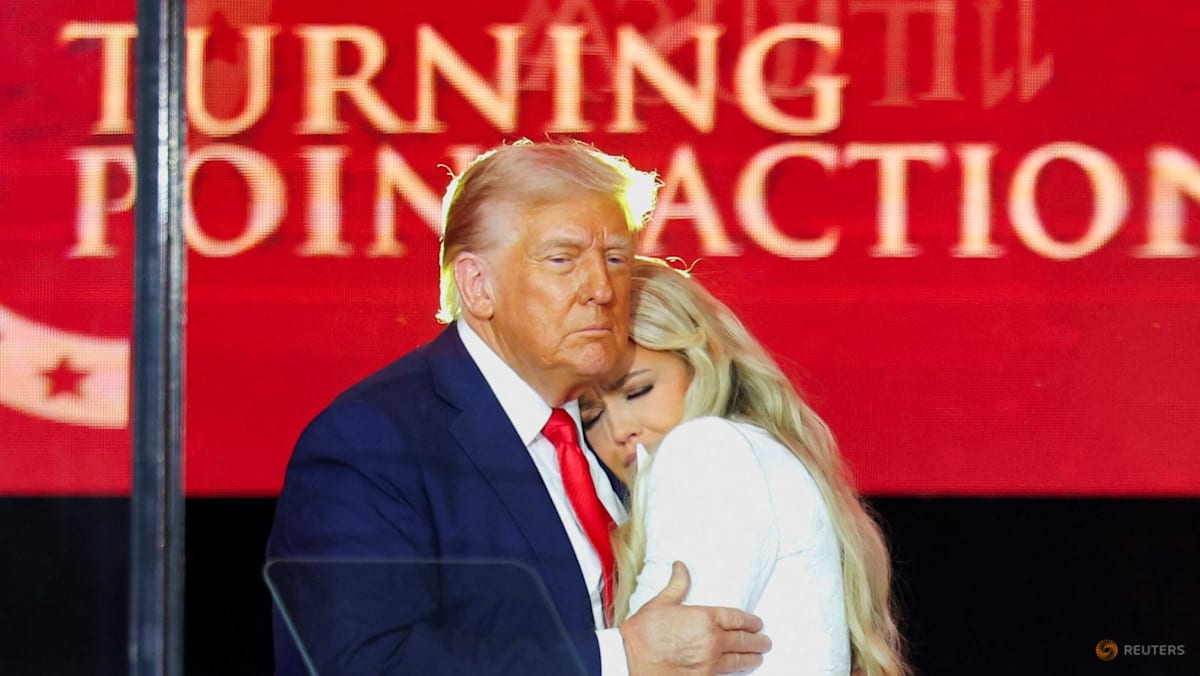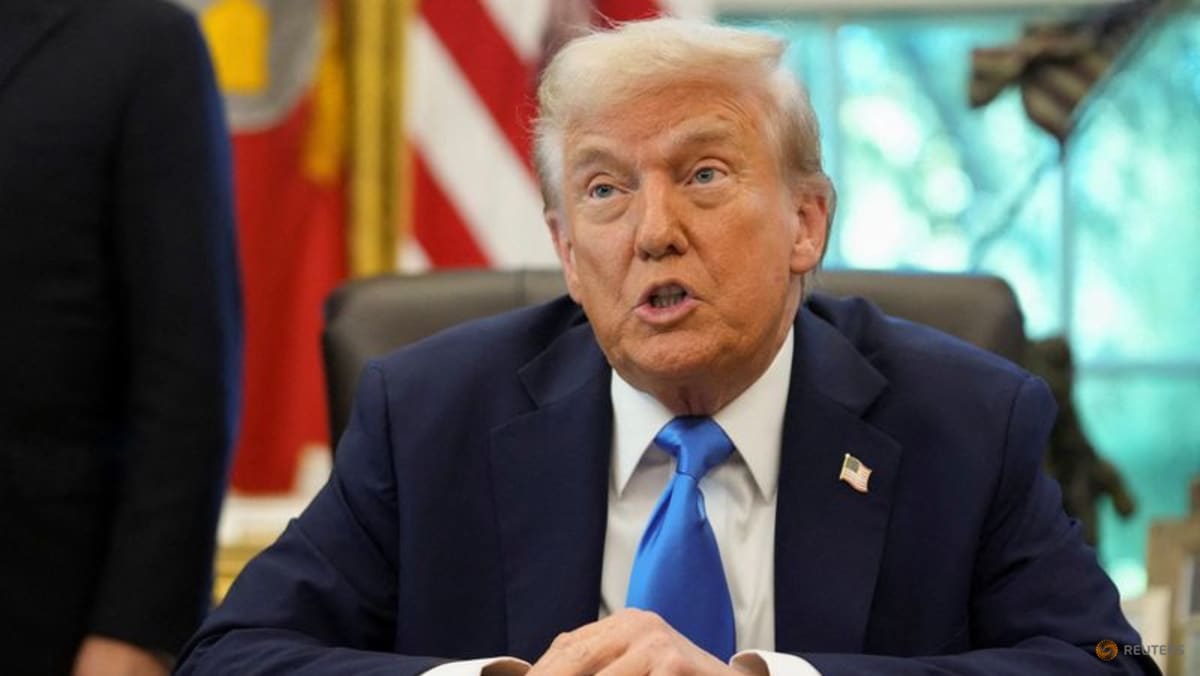Western governments have been under pressure from many in their parties and populations angry at the ever-rising death toll in Gaza, images of starving children and their states’ inability to rein in Israel, even continuing to provide arms.
Londoners voiced mixed reactions on Sunday.
“A whole lot needs to happen and peace needs to come to that region,” said 56-year-old charity director Michael Angus. “This is the first step in actually acknowledging that those people have a right to have somewhere to call home.”
Announcing his country’s decision, Canadian Prime Minister Mark Carney said it would empower those seeking peaceful co-existence and the end of Hamas. “This in no way legitimises terrorism, nor is it any reward for it,” he added.
Portugal’s Foreign Affairs Minister Paulo Rangel said this recognition was a “fundamental line of Portuguese foreign policy”.
Speaking to reporters at the headquarters of Portugal’s permanent mission to the UN in New York, he said: “Portugal advocates the two-state solution as the only path to a just and lasting peace … a ceasefire is urgent.”
The United States called on Sunday the recognition of a Palestinian state by several key allies – including Britain, Australia and Canada – “performative”.
“Our focus remains on serious diplomacy, not performative gestures. Our priorities are clear: the release of the hostages, the security of Israel, and peace and prosperity for the entire region that is only possible free from Hamas,” a US State Department spokesperson said on condition of anonymity.
Israeli Security Minister Itamar Ben-Gvir said he would propose that the Cabinet apply sovereignty in another Israeli-occupied Palestinian territory, the West Bank. That would represent the de facto annexation of land seized in a 1967 war.
